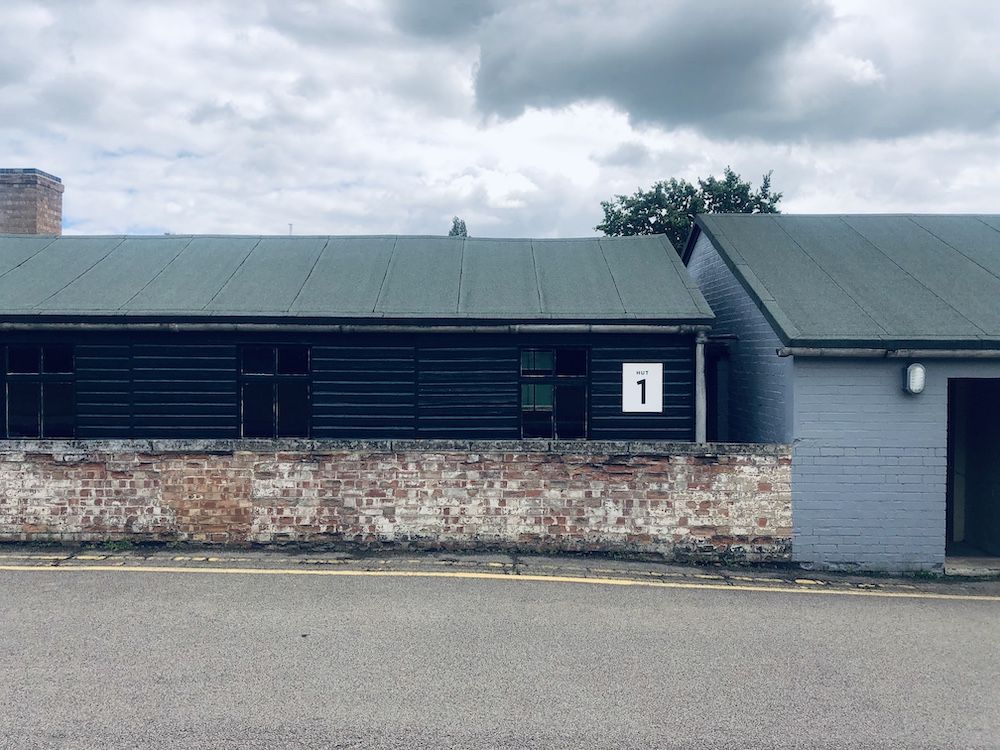Manchester Metropolitan University
Our Research Degree students are attached to Manchester School of Art Research Centre (MSARC), supported by staff who possess a unique and broad range of interests and expertise across theory and design, policy and practice. The PhD/MPhil programme is intrinsically inter-disciplinary and is open to students with an interest in any aspect of architectural research including sustainable urbanism, urban design and development, ecological and landscape design and the conservation and management of historic environments. We also encourage proposals for research by design.
This interdisciplinary approach also links to understanding technological innovation and urban change, analysing and integrating previously disconnected research fields - architecture and urban planning, the property sector, civil engineering and utilities industry, and stimulating collaborative, inter-disciplinary methodological approaches to understanding architecture and engaging with contemporary practice in a global context. Working across these range of research topics, students will have the opportunity to build networks and establish cross-disciplinary relationships that will be beneficial for their future careers.
The Researcher Development Programme provides research training, skills development opportunities and workshops on the various progression stages of the Doctoral experience. Practice based students are supported by seminars, exhibitions and crits, complemented by symposiums and student led activities. Manchester Metropolitan University is a member of the North West Doctoral Training Consortium and students are able to join consortium in training and events across the region.
University of Manchester
PhD Architecture at the University of Manchester is based within the Manchester Architecture Research Group (MARG), and looks beyond technical design to the complex processes and practices that run through the development adaptation and the use of built environments.
We traverse the disciplinary boundaries of architecture and social sciences to open new areas of architectural research, create new standards of architectural study, and craft new conceptual language to inform and influence architectural policy.
Sitting within the School of Environment, Education and Development, and the Manchester Urban Institute, allows us to benefit from synergies with Planning and Environmental Management, Geography, and several other disciplines. Through these connections, we have developed a distinctive expertise based on theoretical experimentation, methodological rigour, empirical attention, and a hands-on study of architectural practice, building technology and techniques of architectural representation and mapping.


